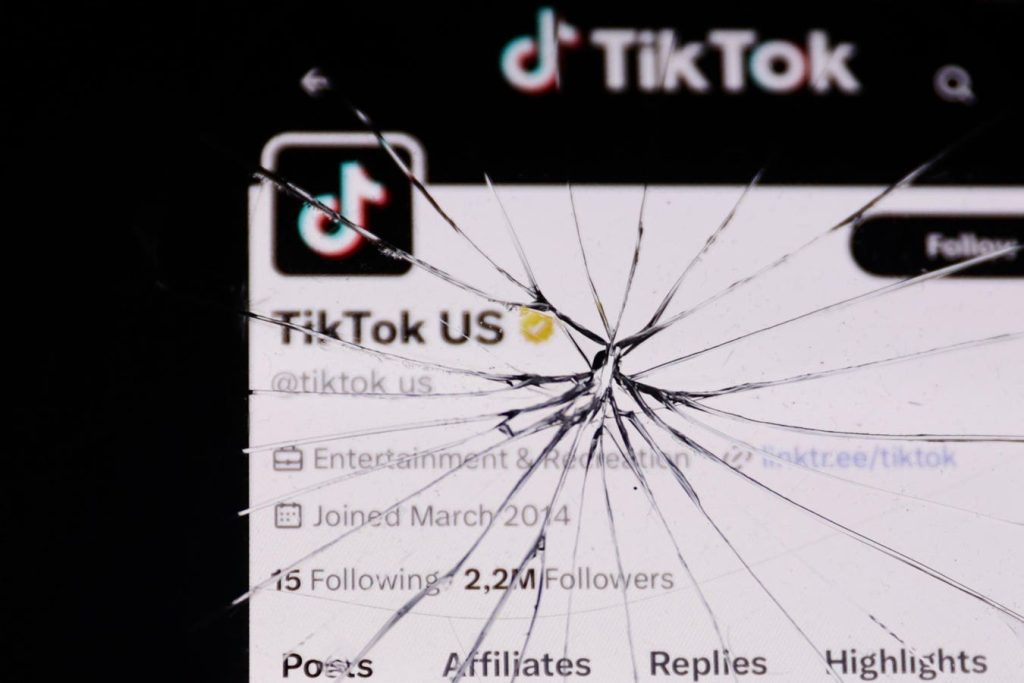TikTok Ban Upheld: D.C. Circuit Court Affirms Divest-or-Ban Law, Setting Stage for App’s Removal from U.S. App Stores
In a significant legal blow to TikTok, the D.C. Circuit Court of Appeals has upheld the Protecting Americans From Foreign Adversary Controlled Applications Act (PAFACAA), paving the way for the app’s removal from U.S. app stores by January 19, 2025, unless a sale occurs. The decision comes despite TikTok’s arguments that the law infringes on freedom of speech and represents a novel interpretation of First Amendment principles. The ruling leaves TikTok with dwindling options, primarily a last-ditch appeal to the Supreme Court or a rapid divestment of its U.S. operations.
The court’s decision hinges on a unique interpretation of the First Amendment, suggesting that restrictions on speech controlled by foreign governments can ultimately enhance free speech by protecting against manipulation. The judges acknowledged the profound influence of social media companies on public discourse, arguing that the PAFACAA aims to safeguard this discourse from undue foreign influence and data collection. This perspective underscores the court’s view that the law is not about suppressing speech, but rather about protecting the integrity of the U.S. information ecosystem.
A key aspect of the ruling is the court’s acknowledgement of TikTok’s valid free speech arguments, which triggered "heightened scrutiny" – a legal standard requiring the government to demonstrate a compelling interest and narrowly tailored approach. While this higher bar often leads to laws being overturned, the court found the government’s national security concerns regarding TikTok’s Chinese ownership sufficiently compelling and the PAFACAA adequately tailored to address those concerns without targeting specific viewpoints or content. The focus on ownership rather than the platform’s content was crucial in meeting this standard.
The court also dismissed TikTok’s proposed mitigation strategy, "Project Texas," which aimed to restrict data flow between the U.S. and China and limit parent company ByteDance’s oversight. Despite years of negotiations and a proposed National Security Agreement, the court deferred to the government’s assessment that the plan was insufficient and ultimately relied on trust in ByteDance – a trust the government felt it could not afford. This underscores the deep-seated skepticism surrounding ByteDance’s ability to operate independently of the Chinese government, a concern that ultimately undermined TikTok’s mitigation efforts.
The ruling signifies the likely end of Project Texas, the culmination of years of negotiations between TikTok and the U.S. government. The court’s deference to the government’s judgment on national security matters highlights the uphill battle faced by TikTok in convincing authorities that its proposed safeguards were sufficient. The implicit message is that the government’s concerns extend beyond technical solutions and delve into the fundamental issue of trust in a company with ties to a foreign adversary.
The court’s concluding remarks placed the blame squarely on the Chinese Communist Party (CCP) for the app’s potential demise, not the U.S. government. The judges emphasized the "hybrid commercial threat" posed by the CCP to U.S. national security, portraying the PAFACAA as a necessary response rather than an act of censorship. This framing seeks to deflect criticism away from the government and position the ban as a consequence of China’s actions.
Looking ahead, TikTok’s options are limited. While an appeal to the Supreme Court is possible, the D.C. Circuit Court’s suggestion against allowing the app to continue operating during the appeal process paints a bleak picture. Unless TikTok secures a buyer by January 19th or receives an unlikely extension from President Biden, the app faces removal from U.S. app stores, at least temporarily. The court’s acknowledgment that TikTok could return under new ownership offers a glimmer of hope, but the clock is ticking, and the future of TikTok in the U.S. hangs precariously in the balance. The coming weeks will be crucial for TikTok, as it navigates this complex legal landscape and seeks a path to survival in the American market.


